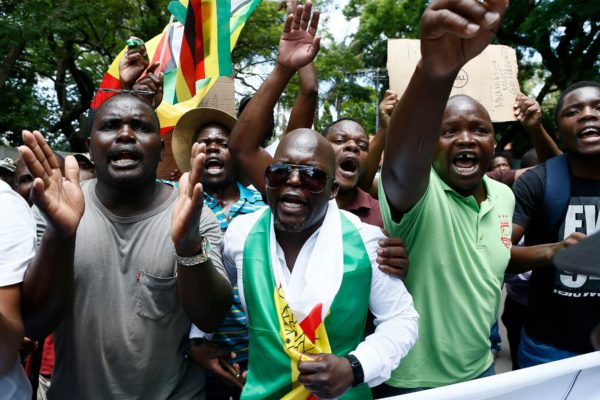Tourism in Africa is growing at a healthy pace. More and more, we can see beautiful pictures from travelers taking in the beautiful atmosphere that African countries provide on our timelines. However, that might become harder to do now.
The internet in Sudan, Zimbabwe, Gabon and the Democratic Republic of Congo have been cut off, keeping residents from viewing what is going on in the world around them since the beginning of the new year. Protests in Zimbabwe are accusing President Emmerson Mnangagwa of shutting off the internet to stop evidence of the government being mishandled broadcast for the world to see. Earlier this week, Judge Owen Tagu ruled that the government had no authority to shut down internet access and that the firms should immediately restore unrestricted access. “It has become very clear that the minister has no authority to make the directive,” Taegu said.
RELATED: The “New” Type Of Tourism Is Expected To Take Over Africa
The country’s biggest mobile phone operator, Econet, announced that last week Facebook, WhatsApp, YouTube, and Twitter were blocked on government instructions. Over ten people were killed during a police crackdown that was supposed to end the nationwide protests against a 150 percent hike in the price of diesel and gasoline. Advocacy groups, like Access Now, said the shutdown caused businesses to lose business and proposed a lawsuit against the three mobile networks operating in the country. In 2017, Cameroon suffered from an internet shutdown which cost businesses millions and caused an international condemnation that led local activists to create created a #BringBackOurInternet campaign.
Sources confirmed that internet access was back up earlier this week. Officials think that the plot to restrict network and app access in Zimbabwe will more than likely continue. When governments cut off the internet and social media access, citizens still find ways to use it.
